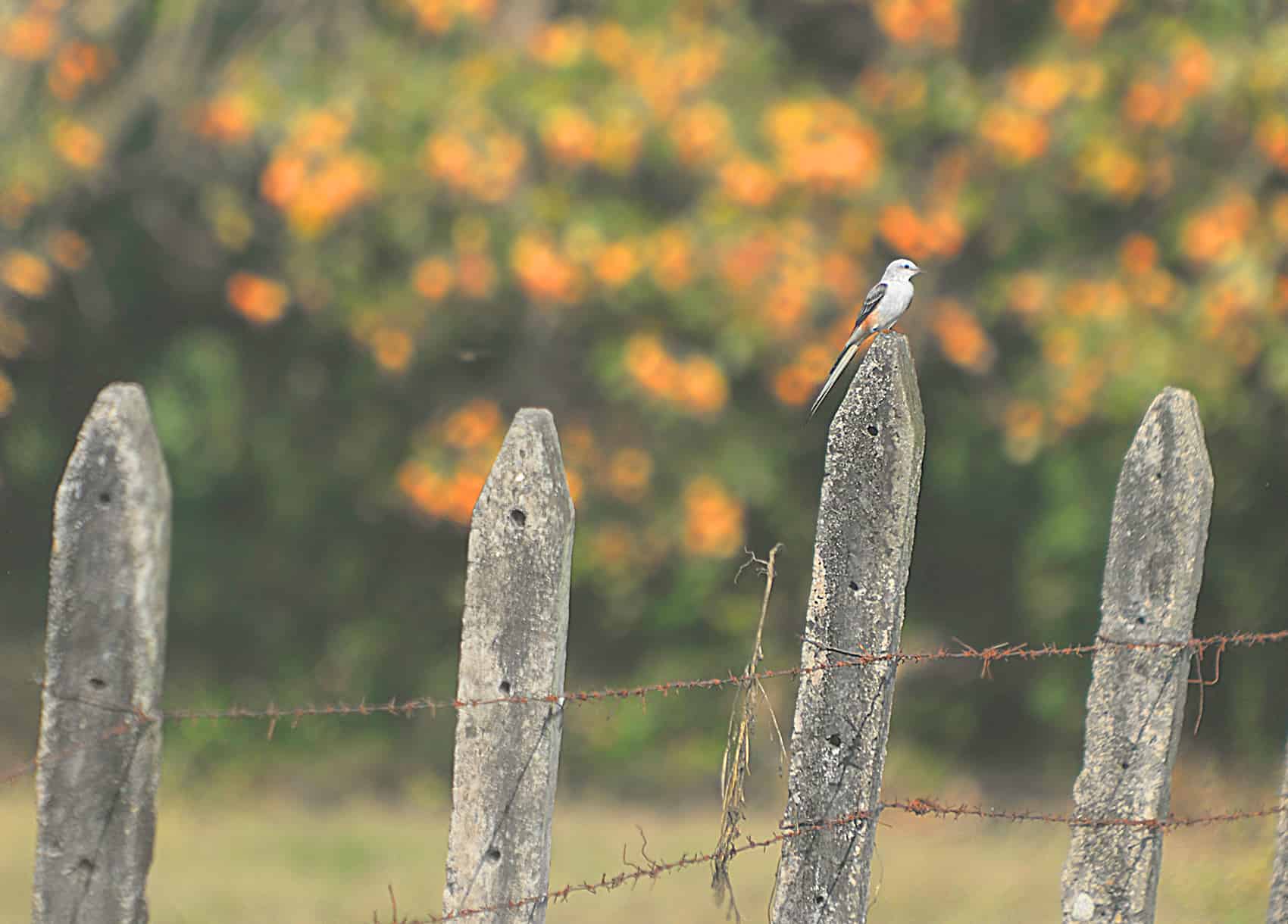As the first signs of spring emerge in North America, the migratory birds that wintered in Costa Rica begin to make their way back north. Every year in March and April, bird-watching enthusiasts in Costa Rica can search the skies to spot more than 221 migrating species flying over the country. During these two months approximately 3 million birds will pass over Costa Rica.
Migrations begin in late February and last through mid-April for most species. Here are a few birds you should look out for before they are gone for the season.
1) Ruby-throated hummingbird
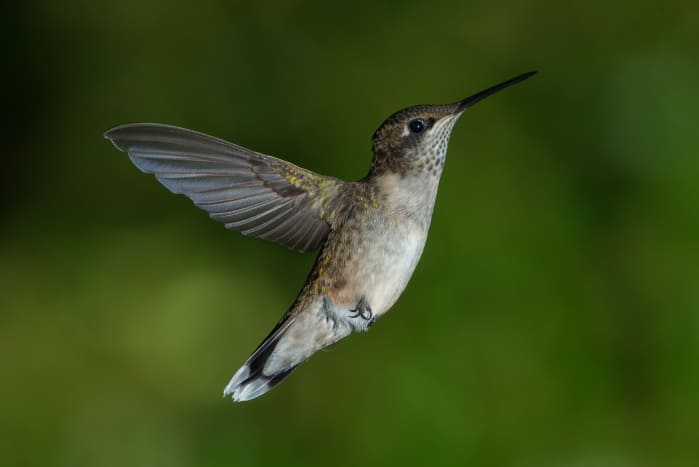
Costa Rica’s only migratory species of hummingbirds can be spotted throughout the country from October to mid-April. Though measuring a maximum of only 9 centimeters in length, the tiny birds can travel a whopping 800 kilometers during migration. Some will complete this entire journey in 20 hours without stopping.
2) Raptors
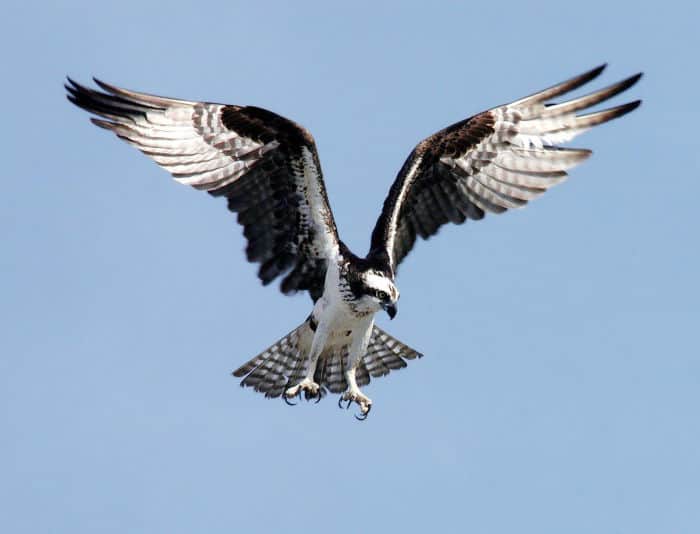
Perhaps the most impressive thing to see in Costa Rica is what birders now call the million-raptor migration. Caught between the Caribbean coastline and the Talamanca mountains, millions of these predator birds are funneled over the Caribbean-slope during the migration season. These birds include osprey, several species of hawks and peregrine falcons.
3) Blackpoll warblers
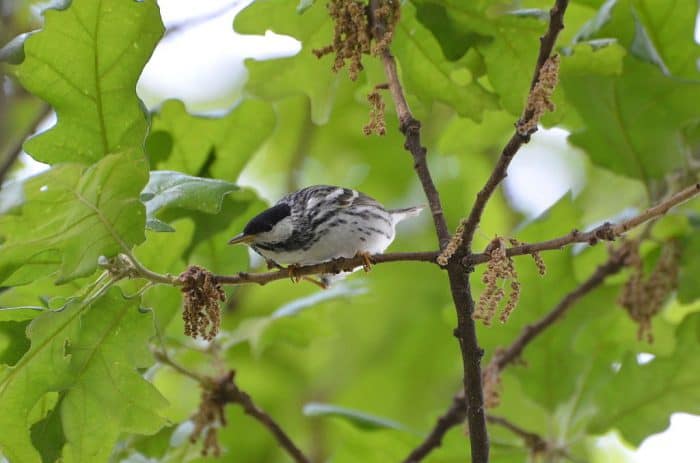
They aren’t much to look at, but blackpoll warblers complete one of the most impressive migration feats of any migratory bird. According to a new study released on March 31, the birds fly non-stop for three days over the Atlantic Ocean during their fall migration south. The 2,500-kilometer migration is one of the longest flights over water made by any songbird.
Weighing in at 12 grams, the tiny birds will almost double in weight and then absorb their intestines before departing on the journey. These migrants are rare in Costa Rica and can usually only be spotted through late March or early April.
4) Painted bunting
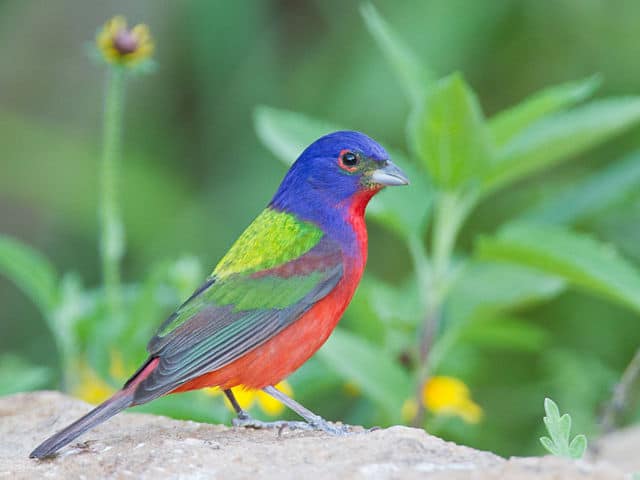
Better described by its Spanish name, siete colores (seven colors), the painted bunting is among the most vibrant songbirds on the planet. Along with making it a sought-after bird for birdwatchers, its shocking colors also have made it a target for poachers throughout Mexico and Central America. The easily trapped bird is now becoming increasingly uncommon each year. The migrant is uncommon in Costa Rica and can only be found in Western Costa Rica until early April.

